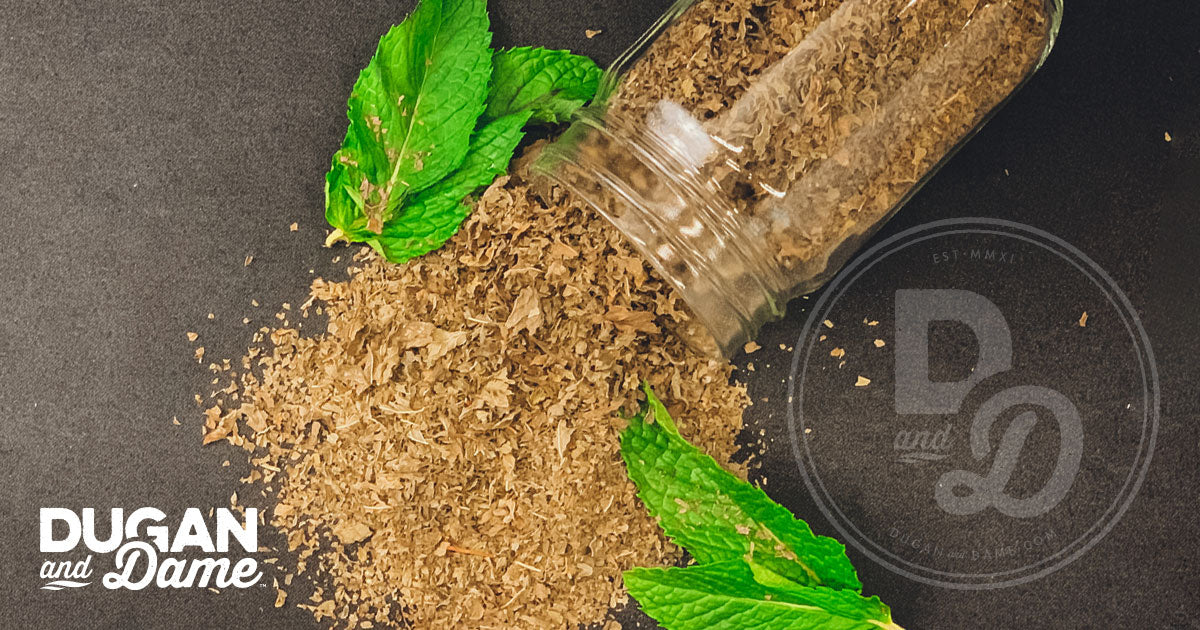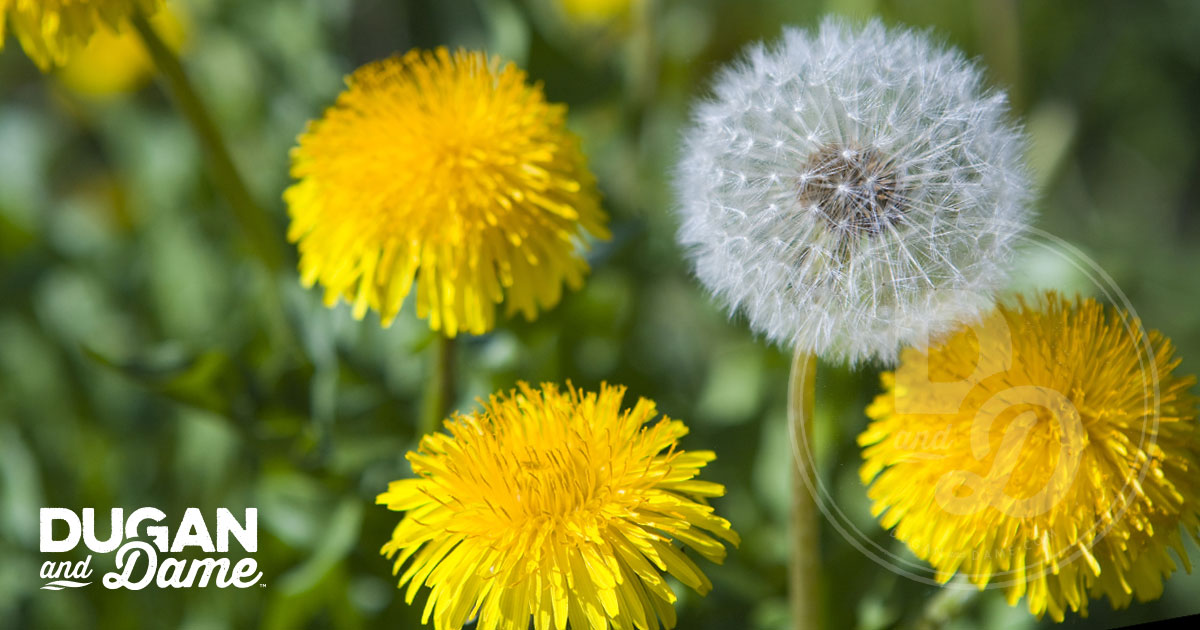
Propaganda, conspiracy, hidden agendas… sounds more like a plot of a movie then the story of a plant, but oh the tales life weaves. Meet YAUPON!
The only native American caffeinated plant. Wait? You didn’t know that. Well I’ll let you in on a little secret – barely anyone does! Because this plant was hidden from the limelight and lied about in order to keep its true power hidden for a long time. That is until us inquisitive Americans started rediscovering some of the native traditional plants that grow all around us.
I hadn’t heard about Yaupon until a couple of years ago while attending an herbal conference in South Florida. Perusing the vendors I stumbled across a tea vendor (and there are usually several of them); but this particular vendor asked if I knew of Yaupon and proceeded to tell me a little about this plant. I fell in love – with the taste, its accessibility, and the fact that this hardy little holly grows in our own backyard. Yaupon Holly loves sandy soil and is native to the Southeastern part of the United States.
One of the really peculiar and amazing things about this particular caffeinated leaf is it contains none of the tannins that Camellia Sinensis (traditional tea) does. Tannins are a group of bitter and astringent compounds that simply don’t taste very lovely and are the reason you never want to overstep your tea. So you can actually leave your dried yaupon holly leaves in your cup of hot water to simmer for extended amounts of time and that bitter astringent flavor will never appear because of the lack of tannins. Sounds amazing right? But these lack of tannins, as great as that is for us, didn’t make this plant very popular for business and almost lead to its demise.
In comes the story of the history of Yaupon. I’ll give you the cliff notes, but if you really want to dive into this crazy drama, you can check out the whole story in this Yaupon Brothers Article.
Here goes the edited version…. Tea came to England via the royal family in 1662. It exploded commercially throughout the country but was always drank with sugar to lessen the bitterness from the tannins. So as the demand for tea grew, so did the demand for sugar which brought about an increase in sugar plantations in the Caribbean and slavery. This lucrative business was a trifecta – tea sales, sugar sales and slave sales as many slaves did not live long so the very lucrative slave trade emerged. At the time, King George was taxing these industries which built up the Royal Navy and his empire so he was benefiting from this trifecta as well.
Now, Yaupon has been used for thousands of years ceremonially by the native Americans. This is not a plant that is unknown or uncommon. Tying back into the story, after the Revolutionary War, Americans started selling Yaupon to England and Europe. Herein lies the problem. Due to its lack of tannins, Yaupon doesn’t have any of the bitter drying flavor that the Europeans were used to in their tea, yet it was still caffeinated (and quite yummy). No tannins = no sugar needed. See the problem? There was concern that sugar sales and slaves sales would plummet and they couldn’t let this happen so a plan was formed….
Carl Linneaus (the father of taxonomy) gave the Yaupon holly and another holly the same name mistakenly. The royal gardener William Aiton and King George saw their opportunity and devised a plan to smear the name of Yaupon and bring fear into the public. They uncovered that a popular use of Yaupon for the Native Americans was as an ingredient in a ceremonious brew called the Black Drink which was used to help people purge (a common spiritual practice). Although there were many plants in this drink and ones specific to the aiding of purging, Aiton made sure that Yaupon received the bad wrap and renamed the plant Ilex Vomitoria. This name translates into ‘the holly that makes you vomit.’ Well of course no one wanted to touch the plant after that and their plan worked – they spared the tea, sugar and slavery industries in England.
So there you have it. A native caffeinated plant that is starting to climb an uphill bad wrap that was placed on it over 200 years ago.
The teas use in ceremony runs deep in many American tribal communities’. It was consumed before making big decisions, for social gatherings, before going into battle as well as for ceremony. It’s incredible to see it making a comeback and could be a beneficial crop for farmers in Florida in the very near future.
We have partnered with Yaupon Brothers as our source of organically grown Yaupon for our Lady Gray Bitters. These bitters are our version of that perfect Earl Gray flavor. But instead of using the Camillia Sinensus plant – the known staple tea leaf for Earl Grey Tea, we have opted with something a little more local and more pleasant – Yaupon Holly.
The only native American caffeinated plant. Wait? You didn’t know that. Well I’ll let you in on a little secret – barely anyone does! Because this plant was hidden from the limelight and lied about in order to keep its true power hidden for a long time. That is until us inquisitive Americans started rediscovering some of the native traditional plants that grow all around us.
I hadn’t heard about Yaupon until a couple of years ago while attending an herbal conference in South Florida. Perusing the vendors I stumbled across a tea vendor (and there are usually several of them); but this particular vendor asked if I knew of Yaupon and proceeded to tell me a little about this plant. I fell in love – with the taste, its accessibility, and the fact that this hardy little holly grows in our own backyard. Yaupon Holly loves sandy soil and is native to the Southeastern part of the United States.
One of the really peculiar and amazing things about this particular caffeinated leaf is it contains none of the tannins that Camellia Sinensis (traditional tea) does. Tannins are a group of bitter and astringent compounds that simply don’t taste very lovely and are the reason you never want to overstep your tea. So you can actually leave your dried yaupon holly leaves in your cup of hot water to simmer for extended amounts of time and that bitter astringent flavor will never appear because of the lack of tannins. Sounds amazing right? But these lack of tannins, as great as that is for us, didn’t make this plant very popular for business and almost lead to its demise.
In comes the story of the history of Yaupon. I’ll give you the cliff notes, but if you really want to dive into this crazy drama, you can check out the whole story in this Yaupon Brothers Article.
Here goes the edited version…. Tea came to England via the royal family in 1662. It exploded commercially throughout the country but was always drank with sugar to lessen the bitterness from the tannins. So as the demand for tea grew, so did the demand for sugar which brought about an increase in sugar plantations in the Caribbean and slavery. This lucrative business was a trifecta – tea sales, sugar sales and slave sales as many slaves did not live long so the very lucrative slave trade emerged. At the time, King George was taxing these industries which built up the Royal Navy and his empire so he was benefiting from this trifecta as well.
Now, Yaupon has been used for thousands of years ceremonially by the native Americans. This is not a plant that is unknown or uncommon. Tying back into the story, after the Revolutionary War, Americans started selling Yaupon to England and Europe. Herein lies the problem. Due to its lack of tannins, Yaupon doesn’t have any of the bitter drying flavor that the Europeans were used to in their tea, yet it was still caffeinated (and quite yummy). No tannins = no sugar needed. See the problem? There was concern that sugar sales and slaves sales would plummet and they couldn’t let this happen so a plan was formed….
Carl Linneaus (the father of taxonomy) gave the Yaupon holly and another holly the same name mistakenly. The royal gardener William Aiton and King George saw their opportunity and devised a plan to smear the name of Yaupon and bring fear into the public. They uncovered that a popular use of Yaupon for the Native Americans was as an ingredient in a ceremonious brew called the Black Drink which was used to help people purge (a common spiritual practice). Although there were many plants in this drink and ones specific to the aiding of purging, Aiton made sure that Yaupon received the bad wrap and renamed the plant Ilex Vomitoria. This name translates into ‘the holly that makes you vomit.’ Well of course no one wanted to touch the plant after that and their plan worked – they spared the tea, sugar and slavery industries in England.
So there you have it. A native caffeinated plant that is starting to climb an uphill bad wrap that was placed on it over 200 years ago.
The teas use in ceremony runs deep in many American tribal communities’. It was consumed before making big decisions, for social gatherings, before going into battle as well as for ceremony. It’s incredible to see it making a comeback and could be a beneficial crop for farmers in Florida in the very near future.
We have partnered with Yaupon Brothers as our source of organically grown Yaupon for our Lady Gray Bitters. These bitters are our version of that perfect Earl Gray flavor. But instead of using the Camillia Sinensus plant – the known staple tea leaf for Earl Grey Tea, we have opted with something a little more local and more pleasant – Yaupon Holly.



